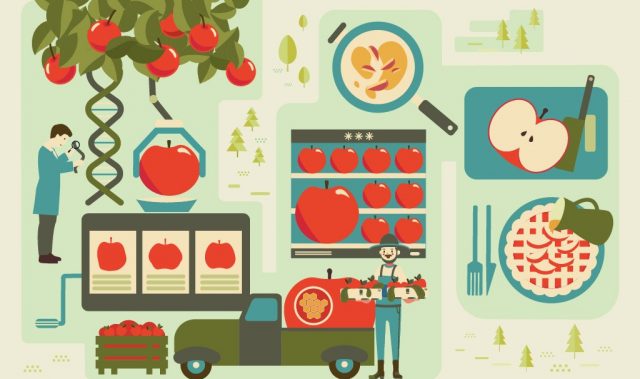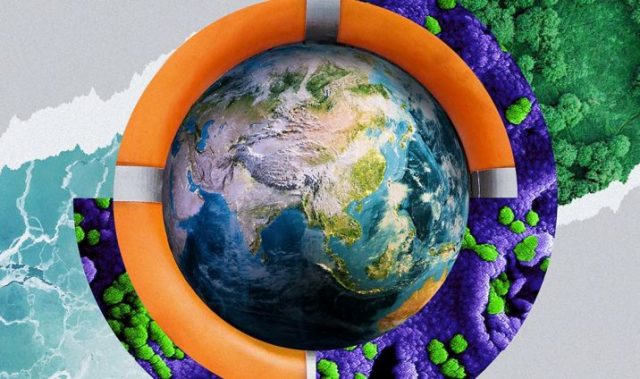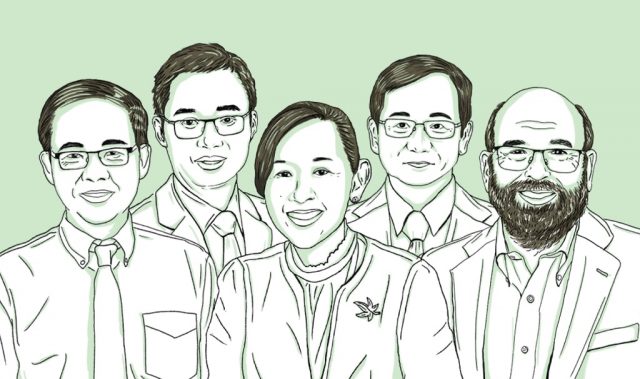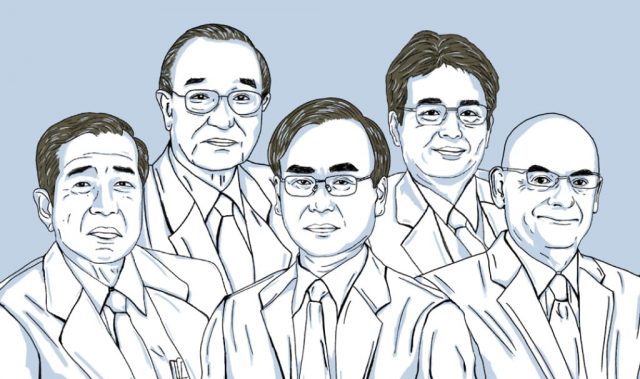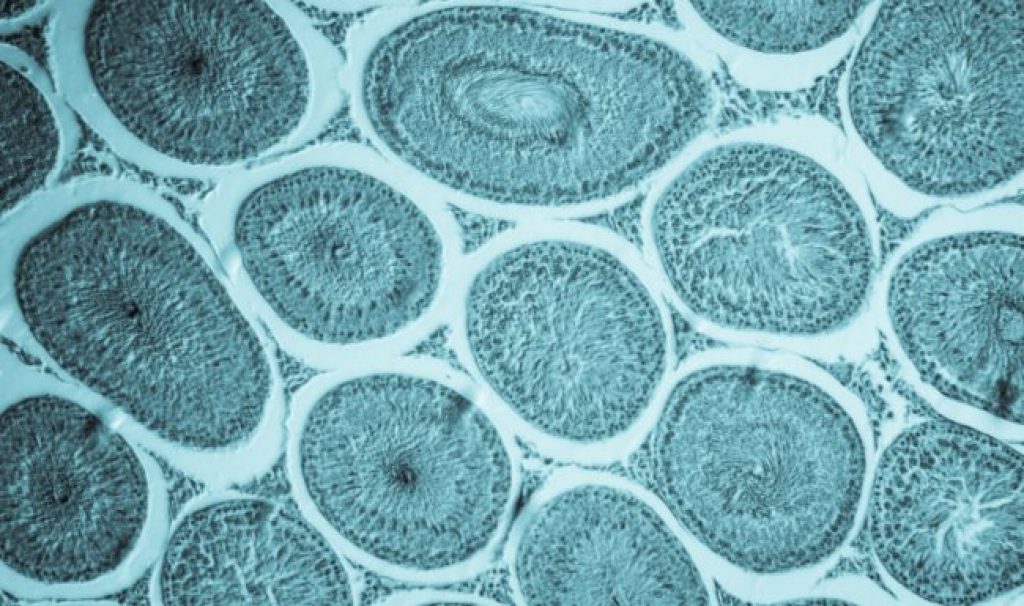
AsianScientist (Jul. 31, 2015) – A team of researchers from the National University of Singapore’s (NUS) Yong Loo Lin School of Medicine has demonstrated for the first time that hydrogen sulphide (H2S) can protect male reproductive cells against heat-induced injury, one of the major causes of male infertility. The findings, published in Nitric Oxide, may provide a new approach to treating male infertility.
H2S, a colorless gas with the characteristic foul odor of rotten eggs, has been shown to produce anti-oxidant effects in various systems including the brain, heart, kidney and bone. Cells in the body produce small amounts of H2S, while H2S releasing compounds can be used to boost the level of H2S in the body.
In a study led by Associate Professor Bian Jinsong from the Department of Pharmacology and Professor P C Wong from the Department of Obstetrics & Gynecology, the research team from NUS Medicine discovered that low production of H2S may impair the normal functions of germ cells.
The scientists also successfully demonstrated that applying a low concentration of H2S through an H2S-releasing compound may rescue sperm functions of germ cells that are under heat stress.
Infertility is a widespread problem. Male infertility affects about seven percent of men worldwide and is increasing faster than female infertility. Heat stress, which could be caused by saunas, excessive exercise and heat exposure working environment, is one of the major causes of male infertility. To date, treatment options for male infertility are limited.
Bian explained, “In this study, we revealed both physiological and pharmacological roles of H2S in testicular germ cells. Our results provided evidence for the potential therapeutic value of H2S on male infertility. Understanding the mechanisms by which exogenous H2S protects germ cells could lead to the development of new drugs that can release H2S slowly in the body to treat the disease.”
Wong said, “While the study is still preliminary, the findings are exciting as they help to indicate the direction that future research in male infertility should be heading. The next step will be to conduct more studies to determine how a decrease in H2S production lowers sperm function and whether H2S can reverse this.”
“As the current study is conducted on mammalian tissues, future work will also need to focus on human tissues to determine whether the same mechanisms apply,” Wong added.
The article can be found at: Li et al. (2015) Hydrogen Sulfide Protects Testicular Germ Cells Against Heat-Induced Injury.
———
Source: National University of Singapore; Photo: Shutterstock.
Disclaimer: This article does not necessarily reflect the views of AsianScientist or its staff.




